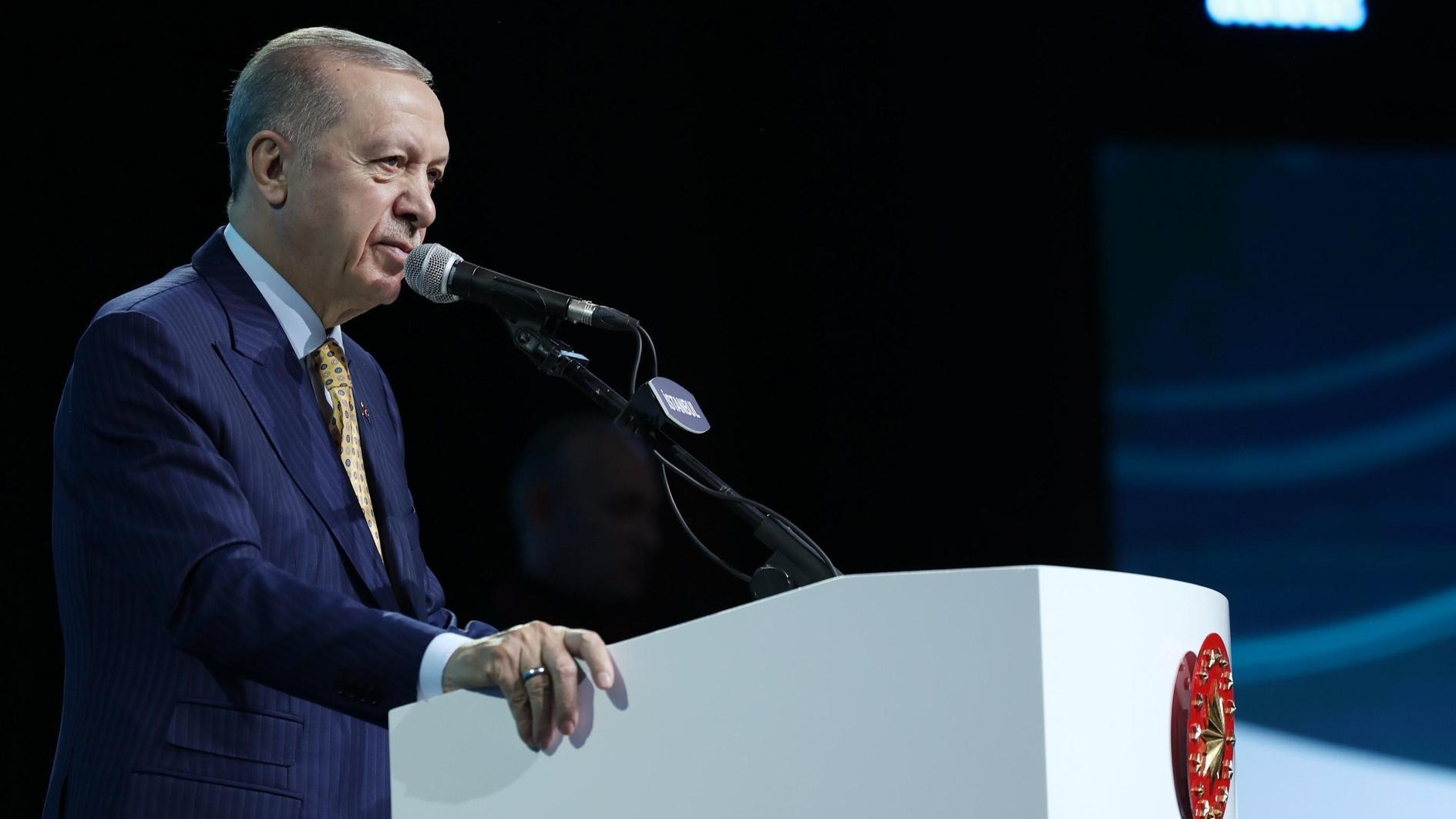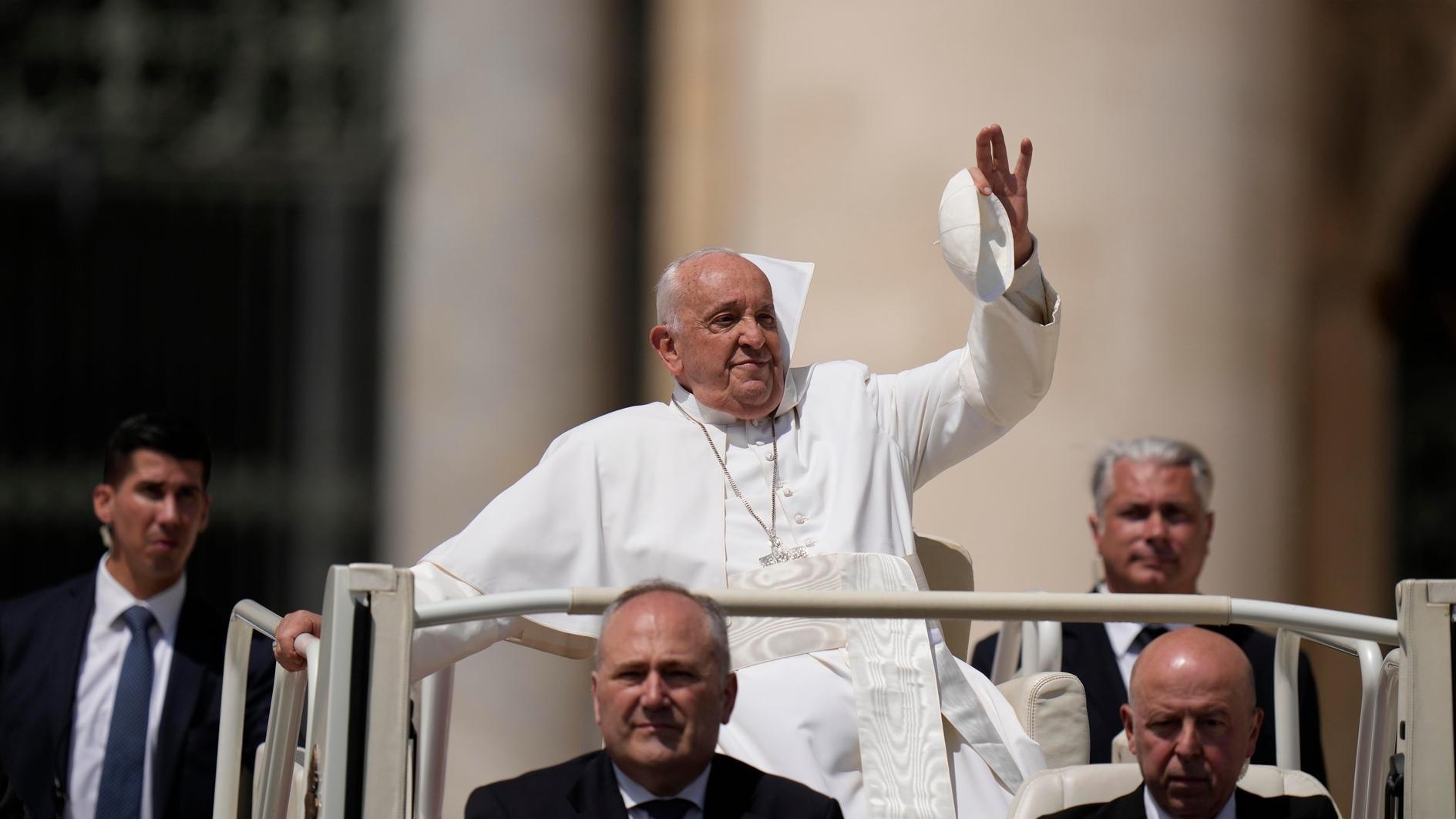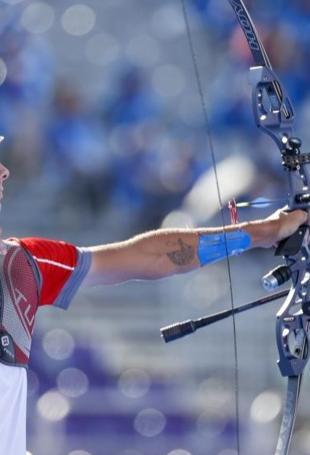Do we sell our mothers for a news story?
mab@hurriyet.com.tr
Since I read the former Chief of General Staff retired Gen. Isık Koşaner’s speech that was posted on the Internet, I have been thinking about the question heading this column.The media used to be divided into two on this matter: One portion would support the military, moreover engage in overt-covert cooperation; another portion would keep quiet in fear or would watch from a distance. The relationships of journalists in general with the military and the civilian power are changing.
Really, do journalists even “sell their mothers for a story?” According to Koşaner, “Journalists are a group who would even sell their mothers for the sake of news.” In fact, he had advised his officers to be careful, to stay away from journalists and never to tell them anything.
Even though these words were uttered without bad intentions, again, the statement was quite humiliating for us. I personally took offense.
The Turkish military’s relationship with the journalist is never easy in general. It is a ball of strange balances and relationships difficult to understand.
The commanders are very discreet in general. They act a bit more openly to those journalists they feel closer to. These journalists must also be close to the commander’s own views. They talk to those who advocate the Armed Forces and support the General Staff’s policies. These journalists also in return would never sell their military interlocutors. They would not want any harm inflicted to the commander who they are bonded with in an interesting admiration.
It is history now, the times when coups were prepared together with some columnists and these pens were used to criticize the political power. Neither the old fears of the journalists nor the efforts of the military to use the media are left now. We are entering a new phase.
[HH] The prime minister is also complaining about the media, but…
I see that the prime minister is also complaining a lot about the media. But his complaint is different. The prime minister believes that the media distorts incidents, does not consider the interests of the state and does not practice responsible broadcasting.
The prime minister does not become intimate with journalists. He puts a certain distance between him and them; he does not act very close to some and very distant to others. For this reason, he does not say, “They would even sell their mothers for stories.”
However, he responds severely to those who have critical views by using open platforms. He publicly disapproves those attitudes he does not like in those speeches he delivers almost every day at parliamentary group meetings. Because of this stance, the journalist shies away from contradicting the prime minister.
It was the military that used to be feared; now there is shying away from the government. No one calls and questions why you have done such a story or written such a piece. Instead, government spokesmen prefer to openly criticize any piece or story they do not like. This, inadvertently, poses a significant pressure component on the journalist.
In the past, there was a segment of journalists the TSK did not want even to come near its headquarters.
Now there are journalists who the ruling party “prefers” or “does not prefer much” and in fact “even does not want to see.” The definition “they would even sell their mothers” has not been encountered yet, but the journalists have not been elevated to the status of valued individuals.
As you can see, despite whoever has the real power, the journalist remains as a disliked element. But I do not accept the “even sell their mothers” terminology.
[HH] You cannot inform the journalist and tell them not to write afterward
We cannot generalize it but I need to protect my colleagues of years.
You can blame some of the journalists for not having obtained adequate information. You can question their intellectual depth. You can criticize others for other reasons, but you cannot blame a big portion of them for “selling their mothers for news.”
It is the duty of the journalist to find stories. They are paid for that.
What is important is that the story is correct – the source is not cheated – and that there are no intentional factors. They try to do their jobs as best as they can. Even if they are unable to please you, they strive with good intentions.
But there is a limit to everything. If you are informing the journalist, do not say “don’t ever write it” afterward. If you will, then do not talk.
The reason I wrote this piece was to object to the shoving of my profession of which I take pride.










